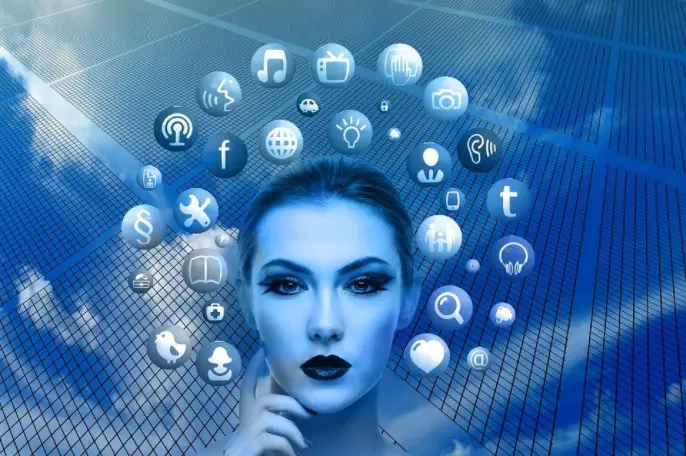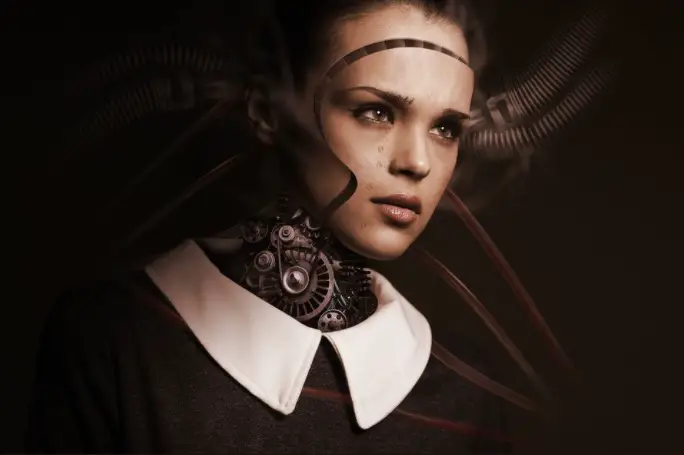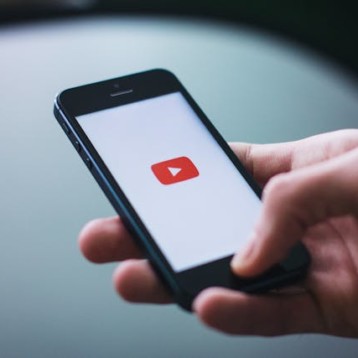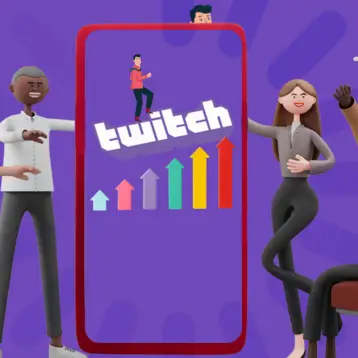The Internet of Things or IoT include a group of devices that can communicate with each other with sensors and processors through a network.
Every day around the world, more devices are becoming smart technology and being connected than ever before.

We’ve gotten used to our computers being able to print wirelessly and connect to our phones and Bluetooth Technologies, and now we see televisions, cars, and buildings use similar technology to communicate with one another remotely. So we are starting to see the beginning of connected Railways, smart cities, connected factories, and vehicles.
The future of the Internet of Things will transform the way we live, the way we conduct business, the way we look at our economy Etc. Last year, it was estimated that 3.8 billion devices were connected to the internet of things. Within the next five years, it can go to 25 billion smart devices.
With the internet becoming more widely available and the cost of connecting decreasing, more devices with Wi-Fi capabilities will become rampant quickly. Overall the cost of technology is decreasing, and anything that can be connected will be, and traditional devices like a light bulb will have the capability of being controlled by a computer or phone.
Artificial intelligence has been at work for decades, and we have been using it with Google Assistant, Amazon Alexa, and Siri for the past few years.
We can see how comfortable and useful it is to have the answer to your questions at the tip of your fingers. It almost feels empty when we don’t have our phones or computers even for a single day.

We all look forward to the rise of intelligent services and connected devices, but there are certain things to consider including privacy and safety. Technologies in the Home and Office like The Nest learning thermostat is saving people 20% of what they spend on energy by learning the schedule and reprogramming itself to use heat and air conditioning when needed.
Internet of things can reduce congestion in cities by changing how often stoplights changed to move traffic faster and adjust camera lighting based on the surrounding light.
Manufacturing companies can become analytic companies with new sensors that allow data to be collected from the factory and point out issues in production. Tesla’s electric sedans in Google’s cars are the first of advanced forms of transportation that will be common within the next decade or so. Smart home systems would help senior citizens be in the right conditions and ensure that their medication is being taken and if they’re eating properly, with the help of sensors in the rooms and on the patients.
Even your computer repair service provider can fix your device from a remote location.
The smart grid would distribute information about how much energy is being used or the condition of the thermostat or appliances in the building. It is estimated that half of the Internet of Things devices will be created by new companies that are less than five years old and the growth of the internet of things will not stop.
With billions of devices connected to the internet, how secure will they be? Who’s in control of the data? What should they be allowed to see and not be able to see?
Security is going to be an issue when everything is connected to a computer.




![Guide To Using JCP Kiosk – [ Features & Benefits ]](https://thefutureofthings.com/wp-content/uploads/2024/03/image-4-358x358.png)





